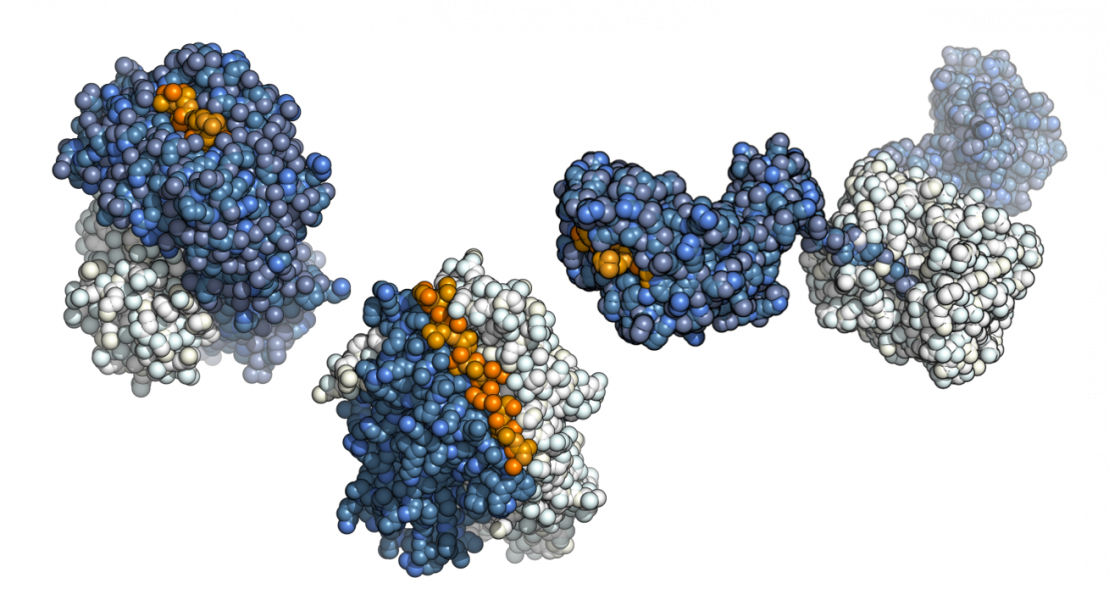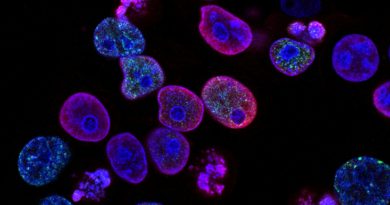Peptide Binding Analysis
imusyn’s imuPep Class I Peptide Binding Analysis is designed to determine the stability of peptide/HLA class I complexes, allowing researchers to assess peptide binding quickly and accurately. By employing a Differential Scanning Fluorimetry (DSF) technique to analyse the thermal stability of the complex, imusyn provides a rapid and cost-effective solution for applications where protein stability is a key factor.
This service is particularly valuable in vaccine and cancer research, where understanding peptide stability is critical for designing effective treatments and immunotherapies.
High-throughput Peptide Binding Analysis
The imuPep Class I Peptide Binding Analysis is a high-throughput service, enabling researchers to ascertain the stability of peptide/HLA class I complexes. Utilising an unmatched portfolio of recombinant HLA class I alleles, imuPep guarantees a swift and precise determination of immunogenic peptides.
The stability of the peptide/HLA class I complex is crucial for effective antigen presentation and T cell response and the development of targeted therapies.
Peptide/HLA class I Complex Stability Evaluation for Vaccine Design
When designing vaccines and other immunotherapies, researchers aim to identify novel T cell epitopes. Recently conducted research has highlighted the importance of CD8+ T cells in response to novel vaccines using peptides from in silico studies. To identify potential vaccine candidates, these studies attempt to predict peptides that are capable of inducing efficient CD8+ T cell responses.
When a peptide binds to an HLA class I molecule, it forms a complex known as the peptide/HLA class I complex. The stability of the resulting peptide/HLA class I complex can remain undetermined. However, complex stability significantly affects the immunogenicity of the peptide. Once on the cell surface, circulating CD8+ T cells recognise stable complexes, but if the complex is unstable, it may dissociate before CD8+ T cells can engage with it effectively. Therefore, a precise stability evaluation of the peptide/HLA class I complex is essential for designing effective novel T cell epitopes.
Novel Method for Conclusive Peptide Binding Results
Leveraging the company’s long-standing expertise, imusyn has developed a unique and innovative method to load recombinant soluble HLA class I proteins with peptides. To assess peptide binding to HLA class I proteins, Differential Scanning Fluorimetry (DSF) is performed. By utilising DSF, temperature induced changes in intrinsic protein fluorescence are detected as a result of peptide/HLA class I complex denaturation. This allows peptide binders for a certain allotype to be ranked by their denaturation temperature (Ti), hence providing knowledge about the relative stability of the peptide/HLA class I complex.
This innovative method boasts several key advantages, including access to a diverse range of over 60 HLA class I allotypes, the ability for researchers to submit peptides without disclosing their sequences, and a swift, dependable process. When ordering the imuPep Class I Peptide Binding Analysis from imusyn, customers have the option to either have the peptides synthesised by imusyn, or provide their own.
With imusyn’s peptide binding analysis service, researchers can gain complete assurance regarding peptide binding to specific HLA class I alleles that helps to validate their binding predictions.

Features of the imuPep Peptide Binding Analysis:
- Fast & Reliable determination of peptide binding and peptide/HLA class I complex stability
- Access to over 60 different HLA class I allotypes
- Submit peptides without disclosing their sequences
- Unique method for conclusive results
- Have your peptides synthesized by imusyn or provide your own






